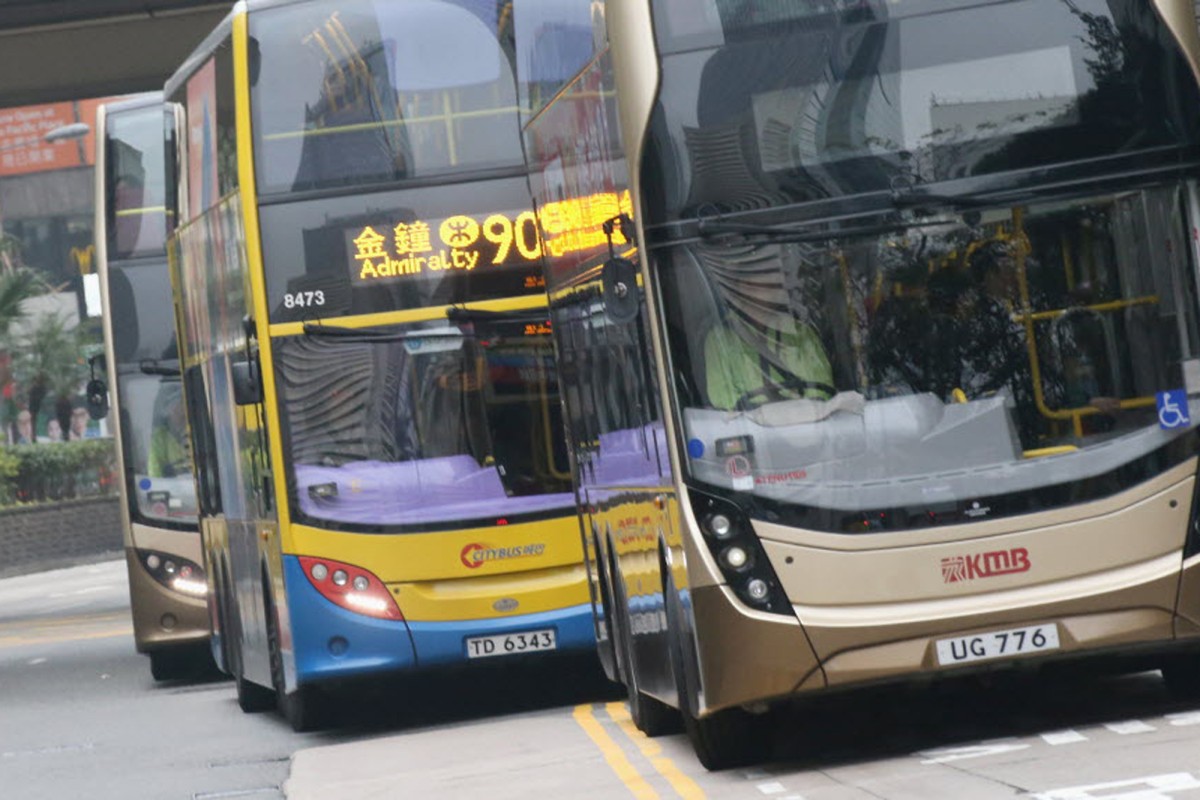
Face Off: Should bus drivers be allowed to drop passengers off outside of the designated stopping area?
Each week, two of our readers debate a hot topic in a parliamentary-style debate that doesn’t necessarily reflect their personal viewpoint. This week’s topic is ...

Rai Arlin L., 19, University of Hong Kong
Designated stopping areas are where passengers are able to alight from or board a bus. They also help passengers get used to the route and plan their journey. However, there has been a lot of controversy when it comes to bus drivers letting their passengers off outside of the designated stopping areas.
Bus stops on the same street can sometimes cause a problem, with multiple buses having to stop at the same place. For example, this is the case with the stops opposite Aberdeen Terminus. During rush hour or
when there’s heavy traffic, bus drivers should not be expected to wait until all the buses in front of them finish offloading their passengers. In such instances, when bus drivers stop outside of the designated places, they are actually helping the passengers. Yes, passengers might have to walk a little more, but it prevents the bus from being part of the congestion. If the drivers were to wait until they reached the “approved” stopping area, that would be a huge waste of time for the passengers. It would also add to the traffic problem, making it inconvenient for other drivers.
Sometimes taxi drivers and other car owners park their vehicles near bus stops, making life difficult for bus drivers. What should they do? For passengers who need to get to school or work, this is a very inconvenient situation. So the drivers have no choice but to drop their passengers off outside the designated area. In such cases, it is wrong for the bus drivers to be fined for parking illegally. They should not be blamed at all. It’s the responsibility of the police to get rid of the vehicles that are blocking the road.
As long as the bus drivers have a legitimate reason for taking such an action, I do not see it as a problem.
Veronica Lin, 17
To begin with, this issue should not even be up for debate. The inability of bus drivers or passengers to follow this basic traffic regulation worsens Hong Kong’s traffic congestion while putting people’s lives at risk.
Bus stops are “designated” for a reason. They allow passengers to get off buses safely while ensuring the people and the cars on the street are not in any kind of danger.
Bus drivers should not violate traffic regulations by dropping passengers off outside of the designated stopping areas. If they do, they should be held accountable for their actions which jeopardise the safety of their passengers and the public.
Making exceptions or giving way to personal or selfish requests will only create a ripple effect that will lead to chaos on the city’s busy roads. And this means more accidents.
According to an article published in the South China Morning Post, bus drivers allowed passengers to alight outside designated stopping areas for “passenger convenience”, especially when the traffic was heavy.
When offloading passengers in unauthorised areas, bus drivers are actually blocking other vehicles and causing a huge traffic jam. Bus stops are confined
to a specific “bay” to prevent traffic congestion. Why don’t bus drivers consider using them?
Passengers travelling on the MTR wouldn’t ask the driver to stop the train in the middle of a tunnel, would they?
Put simply, allowing bus drivers to offload passengers in non-designated stopping areas not only endangers the lives of others, it can also lead to major traffic problems.